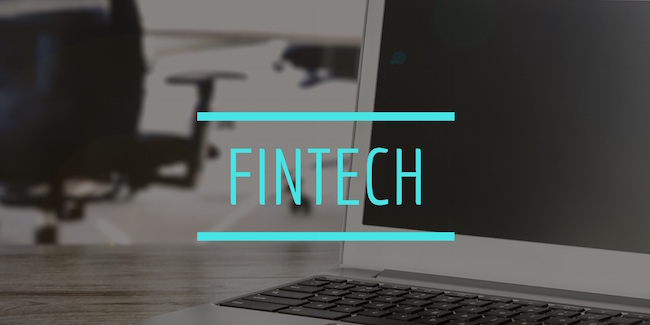For the last few years, fintech has been one of the hottest subjects around. While fintech is slowing down a bit, it’s still got a lot going for it. In fact, when you think about what’s next for fintech, it’s likely to be about increased automation, as well as wider acceptance.
If you’re looking for a little peek into the crystal ball for 2017, here are three things that you’re likely to see in the coming year:
Table of Contents
Toggle1. Changes to Regulations
One of the things President Trump promised during his campaign was to rollback regulations. And he’s already working on it. Recently, he cleared the way to dismantle Dodd-Frank.
But it’s not just about Dodd-Frank. one of the biggest changes will be one that allows fintech companies to have bank charters. The Office of the Comptroller of the Currency is going to start issuing federal bank charters so companies that offer these loans can be considered banks.
This means that what’s next for fintech might involve leaning toward some traditional practices. However, if these companies do decide to go for charters, they will be subject to the same regulations.
It will be interesting to see how the new regulatory climate impacts fintech.
2. Partnerships Between Fintech and Traditional Institutions
As fintech becomes more widespread, there’s a good chance more traditional institutions will look for partnerships. MasterCard is partnering with Coin, and there are plenty of other opportunities for companies to join forces.
The idea is that traditional institutions can benefit from the developing technology and nimble applications, while fintech companies can benefit from the still-large customer bases. Plus the infrastructure is already in place with the major players.
These partnerships could be what’s next for fintech, and it could benefit the older companies as well as the fintech companies. It could also mean that more fintech companies, struggling with profitability, will allow themselves to be purchased. It will be interesting to see how that plays out.
3. Personalized Advice from Banks
I’m already seeing this from my own bank, which offers to analyze my accounts and activities and make recommendations. In a lot of ways, what’s next for fintech is also about changes made to more traditional companies.
Because of how much data is collected from consumers today, it’s possible to really drill down and figure out what might work best for some customers. Whether it’s a cool new app or the latest artificial intelligence or chatbot from a bank, the result is the same. You information and habits can be used to steer you toward the products and services most likely to fit your needs.
While you might still need to talk to a person for more complex situations, the reality is that there’s a lot of information about you in the data, and that means your financial experience is about to get even more personal.
Bottom Line
Technology is always changing what’s next for fintech and for the banking industry. There’s a lot to watch for in the coming year or two. With rapid changes and more sophisticated artificial intelligence, it’s no surprise that there’s a lot to look forward to.













